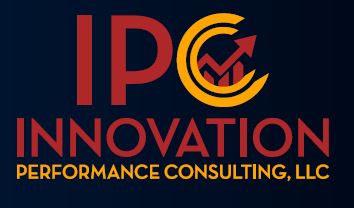
Consulting may appear unclear and complicated at times, but it is feasible to keep things simple and error-free (Block, 2011). Many consultants overcomplicate consulting and find themselves in a situation from which getting out represents a challenge. Solving problems is the goal of every consultant, and creating issues would defeat that purpose. There are ways to keep things simple, and I will share a few thoughts in the following lines.
According to Block (2011), the way to keep things simple is to ask yourself two powerful questions. First, “am I being authentic with this person now” (Block, 2011, p. 37)? And second, “am I completing the business of the consulting phase I am in” (Bock, 2011, p. 37)? These questions are essential for many reasons but, most importantly, to keep things in perspective. When you question yourself about authenticity, you are forcing yourself to provide an honest answer about where you are with the client and to put yourself in the client’s shoes. If you are unsatisfied with the self-provided answer, make the necessary adjustments.
Also, completing the business phase as a consultant is imperative. In this phase, the consultants negotiate wants, deal with mixed motivation from the client, discuss exposure and loss of control, and reassure the clients (Block, 2011). Failure to complete the business phase successfully can come back to haunt a consultant, as this phase is essential to any consulting project. For instance, what the consultant wants to complete a project should be clear from the beginning; skipped wants are far more difficult to regain in subsequent stages (Block, 2011). Additionally, a consultant may want to learn about a client’s degree of motivation before starting a project since skepticism discovered in the middle of a project is a challenge because it may be too late to take corrective action (Block, 2011). To conclude, I would say that among the things needed to make consulting simple, negotiating your wants from the onset and being authentic with the client are among the most important.
Reference
Block, P. (2011). Flawless consulting: A guide to getting your expertise used (3rd ed.). Pfeiffer.

